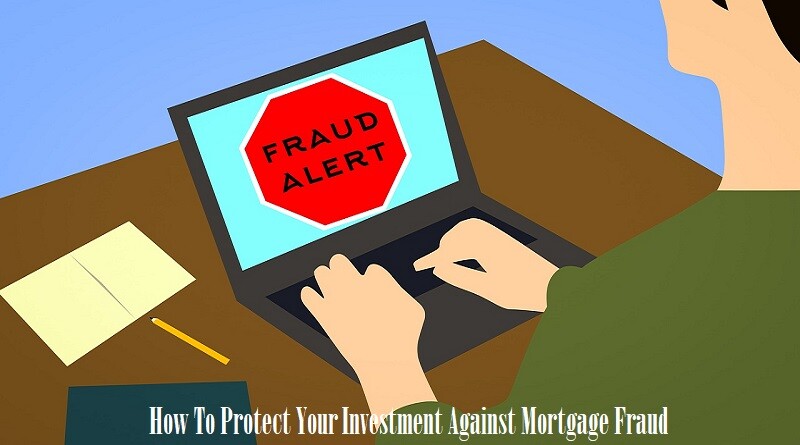How To Protect Your Investment Against Mortgage Fraud
Real estate is the largest lifetime investment and for a great number of people, purchasing a home is an expensive investment in relation to their income. Having the enormous price tag that required decades to be paid off that automatic buildup an emotional relationship, being an honour and financial security that these people don’t want to lose. Despite the fact of being having a big asset there is also a threat that can lead to a number of dangerous outcomes. Every new home buyer should take great care when entering into a mortgage transaction to avoid and protect its investment against mortgage fraud. There are many types of mortgage fraud today, three of which are common among the general public that may happen as a principal fraud are being greatly observed and happened are; title fraud, mortgage fraud and value fraud.
These are some of the mortgage loan fraud news happened in Canada:
A North York woman lost the 100-year-old home valued $300,000 in which she had lived in for 30 years, became a victim of identity theft. She lost her mortgage secretly placed on her home by thieves, a mortgage that a judge ruled valid, even though obtained fraudulently.
In the province of Alberta last year, the Bank of Montreal alleged a $120 million mortgage fraud scheme, the largest in Canadian history. It involved, according to the suit, bankers, lawyers, private citizens and possibly elected officials. Their scheme was one of the simplest: over-inflating mortgage values and using “straw buyers,” i.e., people willing to pose as mortgage seekers and sign up for the loans.Many homebuyers in Canada are unaware of the dangers posed by identity thieves when it comes to their real estate investment. Unfortunately, one of the three main forms of mortgage fraud, real estate title fraud is on the rise. According to the Canadian Association of Accredited Mortgage Professionals (CAAMP), real estate industry insiders now peg the average case of real estate fraud at $300,000. In comparison with the other big threat, the RCMP estimates the average credit card fraud case in Canada to be $1,200.
These are few tips that will help you to avoid fraud and protect your investment against mortgage fraud:
- You are strongly advised to check your credit reports through Canadian credit reporting agencies like www.equifax.ca and www.transunion.ca beside all the financial and bank statements regularly for all the inconsistencies, unknown charges and unauthorized credit inquiries.
- Try to avoid disclosing your private and confidential stuff. Don’t give out personal information in person, over the phone line and or on the Internet unless you don’t feel confident and know who you are dealing with, how it will be used and shared.
- Protect your mails, be alert to billing cycles and when bills or mails haven’t arrived.
- Don’t throw your important papers as these are; always shred any documents or materials with personal or financial information prior to discarding them.
- Always seek advice from a real estate expert who is licensed in your area when shopping for a home.
- Ask your mortgage professional, broker or consultant about how title insurance could help protect your real estate investment.
How to protect your investment against mortgage fraud, is a very simple question but its answer is complex as it greatly involves human intention, I’m not saying that all the sellers out there are suspicious or fraudulent but every buyer should need to do some due diligence on your own. There is a thin line in between good and bad and you should always avoid and get more cautious on those mortgage deals that sound “Too Good To Be True”, always prefer the best mortgage rates instead of those lenders who offer the cheapest one. If you don’t know the real estate market and how this mortgage works then your foremost move should be to leave that offer at once. And when you get involved in a transaction, you should go out to discuss your deal with those people in the market that don’t have any relation with the said transaction to inquire about not even your mortgage transaction but the people you are dealing with.

